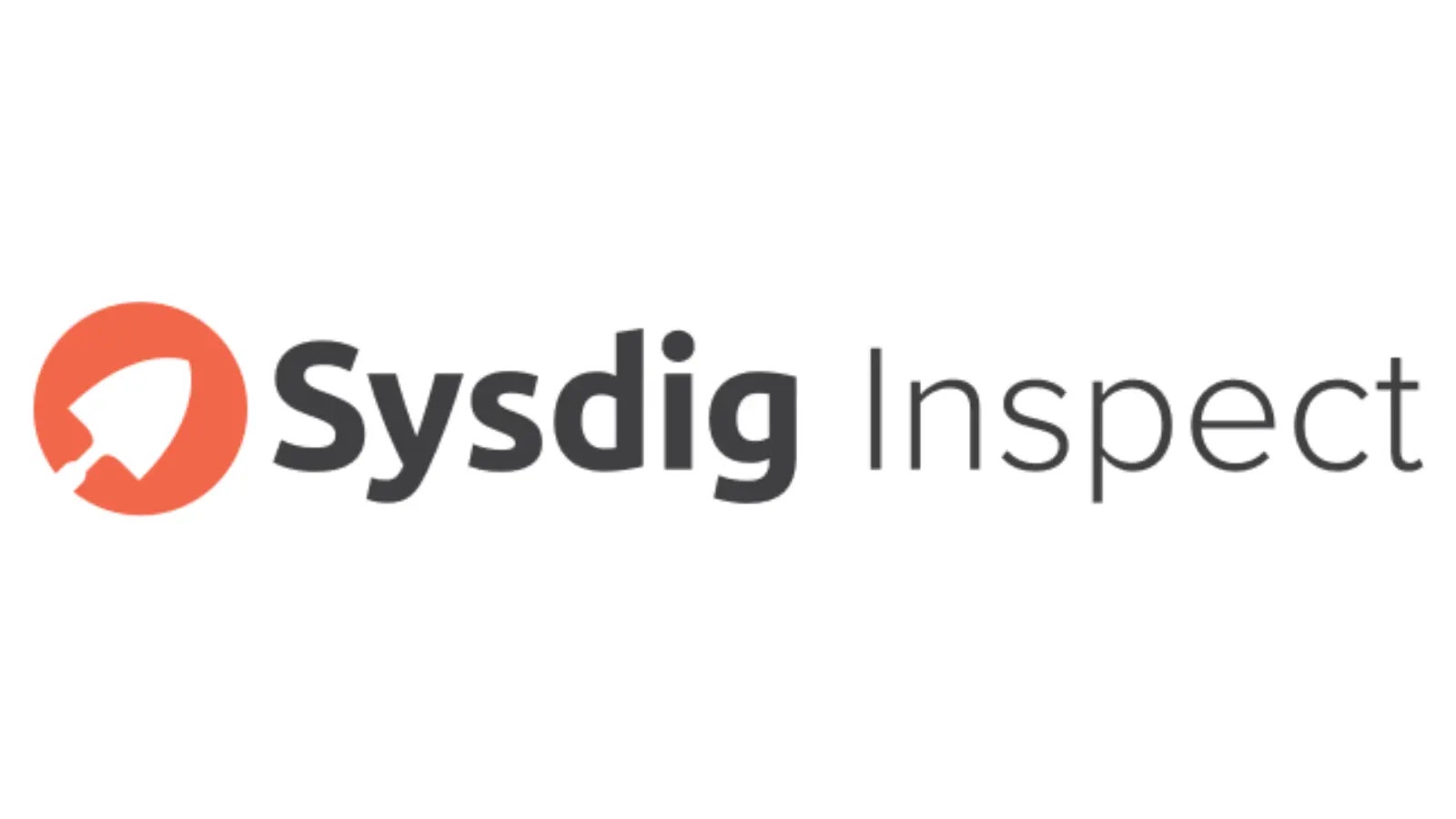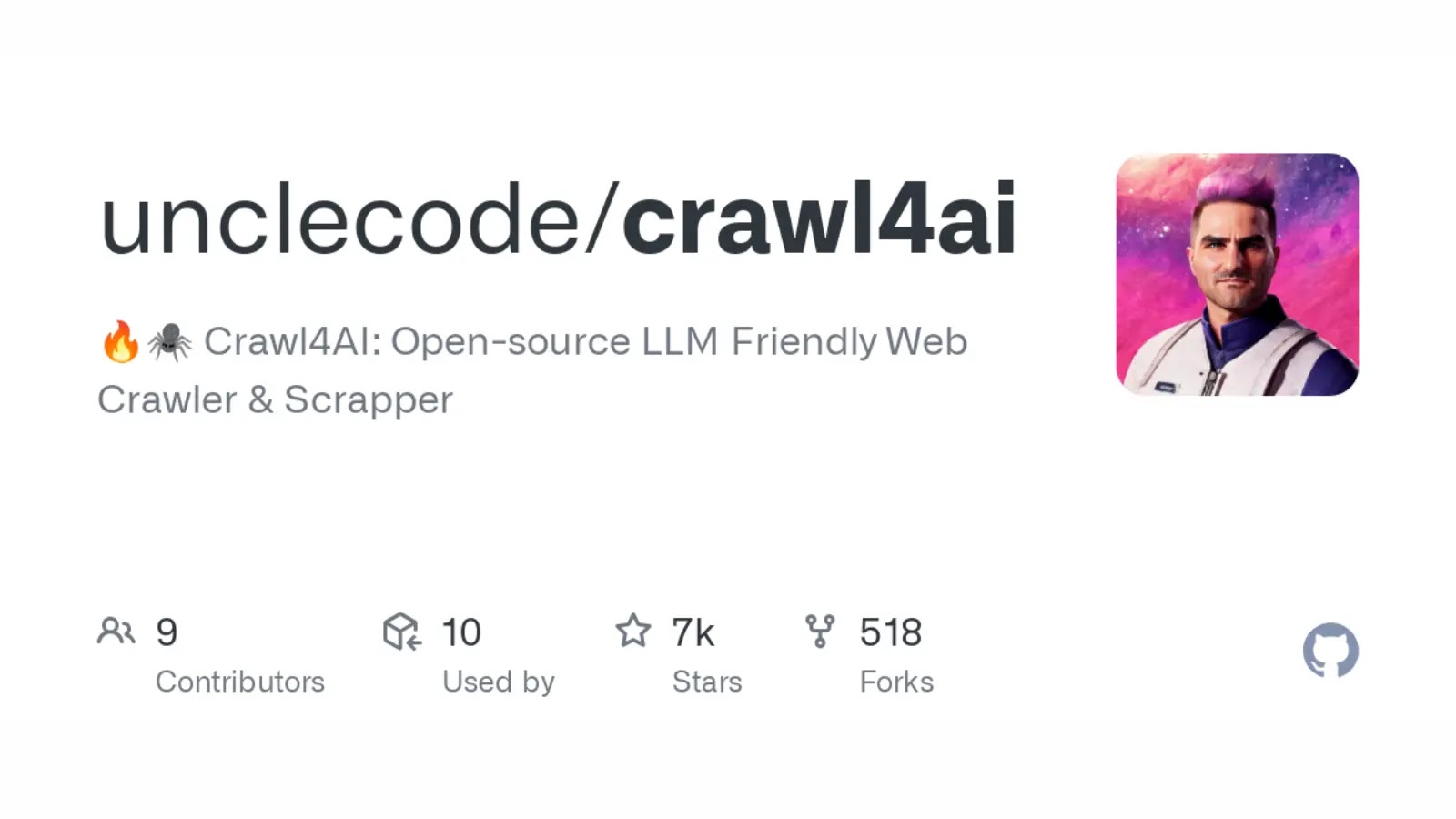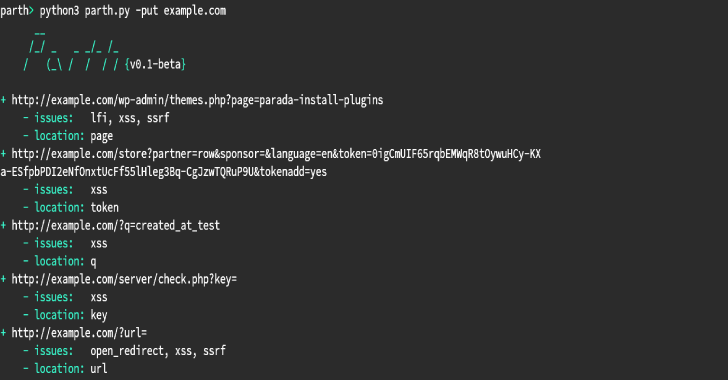Slurp is a Blackbox/whitebox S3 bucket enumerator.
Overview
- Credit to all the vendor packages that made this tool possible.
- This is a security tool; it’s meant for pen-testers and security professionals to perform audits of s3 buckets.
- Scan via domain(s); you can target a single domain or a list of domains
- Scan via keyword(s); you can target a single keyword or a list of keywords
- Scan via AWS credentials; you can target your own AWS account to see which buckets have been exposed
- Colorized output for visual grep
- Currently generates over 28,000 permutations per domain and keyword (thanks to @jakewarren and @random-robbie)
- Punycode support for internationalized domains
- Strong copyleft license (GPLv3)
Also Read : Python Uncompyle6 – A Cross-Version Python Bytecode Decompiler
There are two modes that this tool operates at; blackbox and whitebox mode. Whitebox mode (or internal) is significantly faster than blackbox (external) mode.
In this mode, you are using the permutations list to conduct scans. It will return false positives and there is no way to link the buckets to an actual aws account! Do not open issues asking how to do this.

Keywords

Whitebox (Internal)
In this mode, you are using the AWS API with credentials on a specific account that you own to see what is open. This method pulls all S3 buckets and checks Policy/ACL permissions. Note that, I will not provide support on how to use the AWS API. Your credentials should be in ~/.aws/credentials.
Internal

Usage
slurp domain <-t|--target> example.comwill enumerate the S3 domains for a specific target.slurp keyword <-t|--target> linux,golang,pythonwill enumerate S3 buckets based on those 3 key words.slurp internalperforms an internal scan using the AWS API.
This project uses vgo; you can clone and go build or download from Releases section. Please do not open issues on why you cannot build the project; this project builds like any other project would in Go, if you cannot build then I strongly suggest you read the go spec.
Also, the only binaries I’m including are linux/amd64; if you want mac/windows binaries, build it yourself.

.webp)








.webp)












